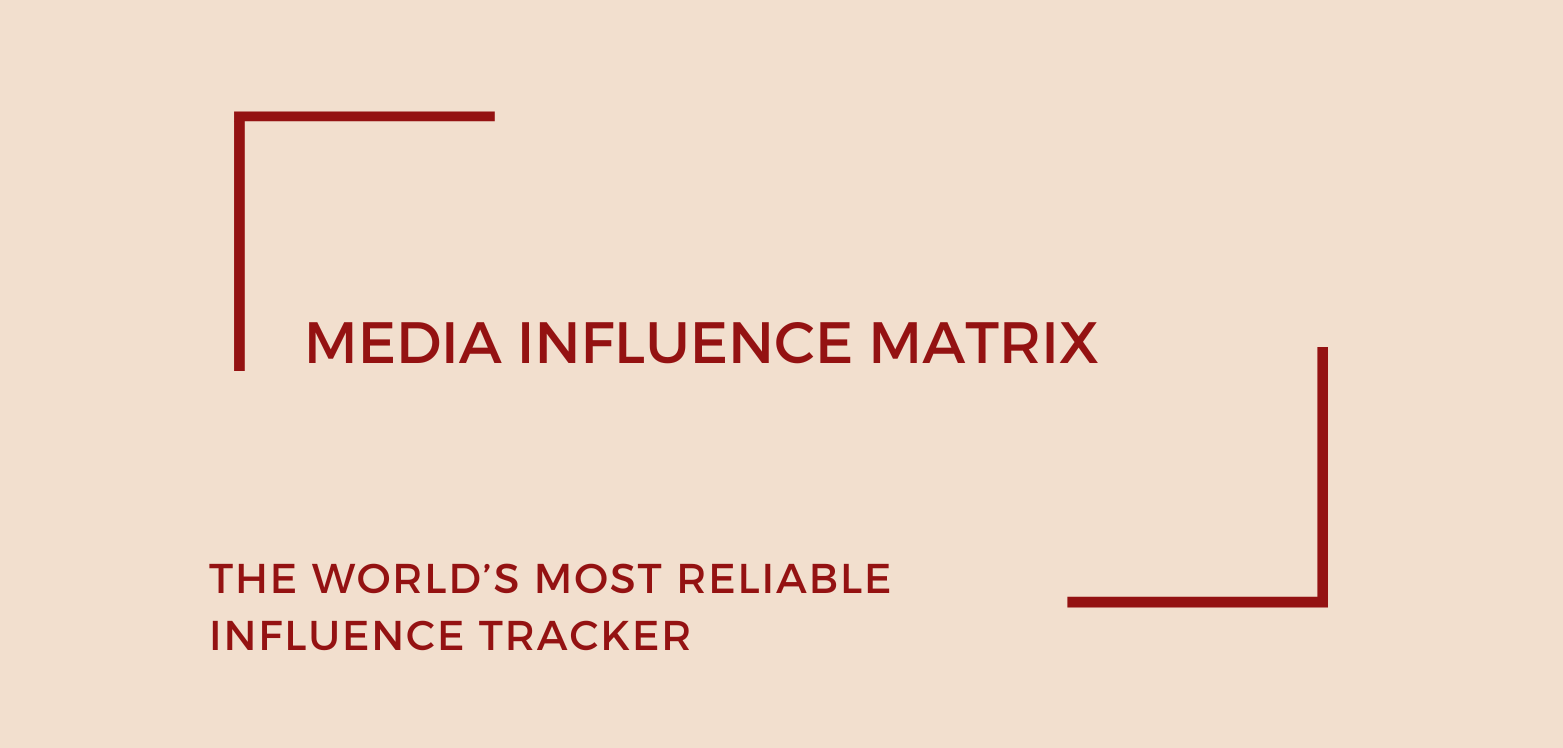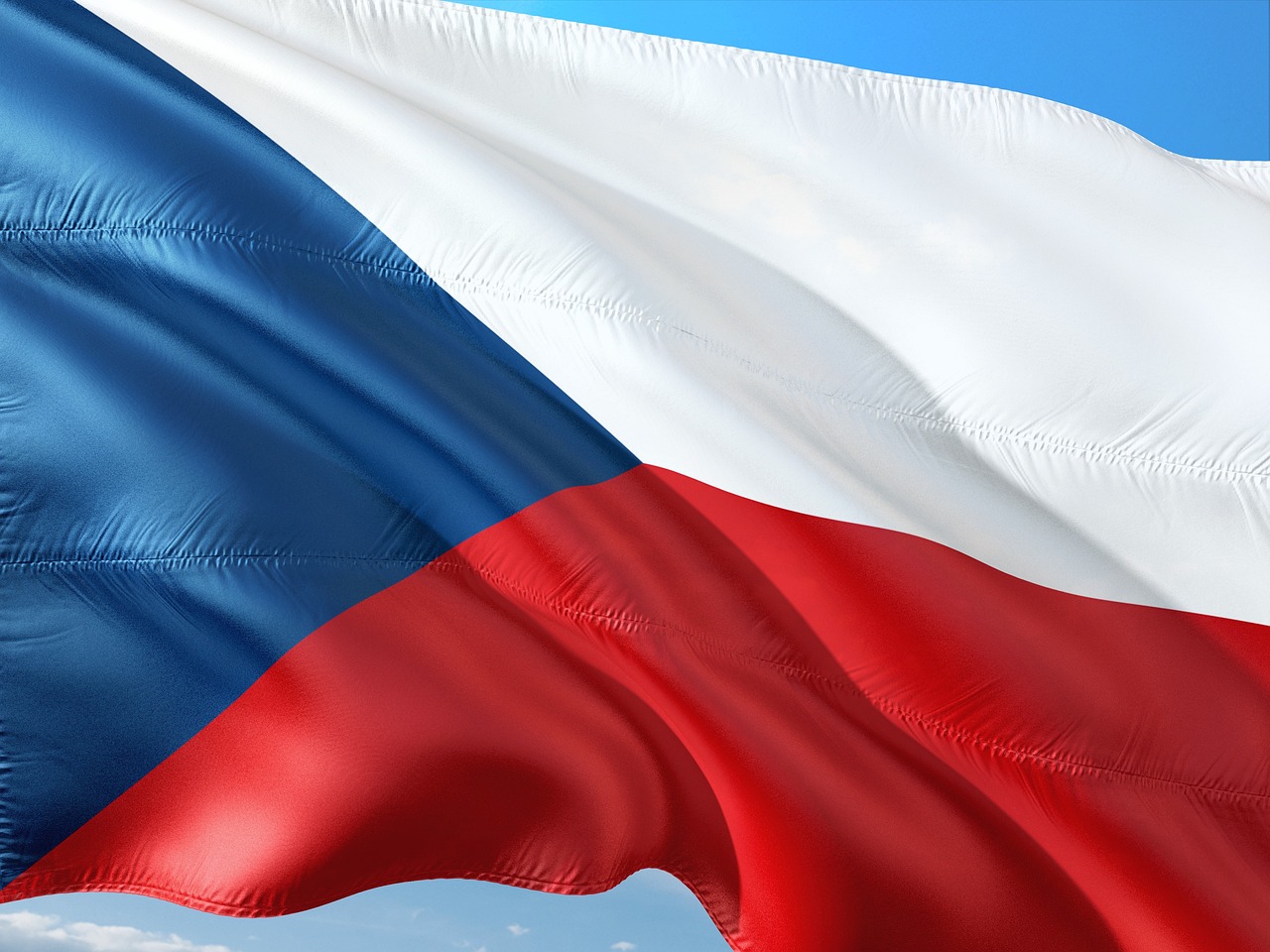Funding Journalism in Czech Republic
During the past decade, the Czech media market has undergone major shifts that have radically changed the country’s journalism. Much of that was caused by technology. But changes in the country’s media ownership played an equally big role, according to a report by our director Marius Dragomir.
It all started in 2008 with Zdenek Bakala, a coal magnate, who acquired the publishing house Economia from its German publisher, the Verlagsgruppe Handelsblatt group. No more acquisitions were made for the next several years as the economic crisis wreaked havoc on the country’s advertising and media industry. But to some of the country’s mighty financiers and oligarchs, the crisis, in fact, brought about opportunities. Hobbled by the economic downturn, many media companies suddenly became an easy prey for financially powerful oligarchs. By taking over nearly all major media businesses during the past five years, they sounded the death knell for foreign ownership in the Czech media.
First, in 2013, Andrej Babis, owner of the Agrofert manufacturing colossus, bought Mafra, publisher of the dailies Metro, Mlada fronta Dnes and Lidove noviny, three of the country’s most coveted daily newspapers. That marked the exit from the Czech market of the German owned media group Rheinisch-Bergische Verlagsgesellschaft (RBVG). A year later, Daniel Kretinsky, a businessman formerly associated with the financial group J&T, bought one of the most profitable publishing businesses in the country, the Swiss-German owned Ringier Axel Springer Media, which runs the tabloid Blesk (the best-selling daily in the country) and a shoal of magazines. The same year, another powerful financial group, Penta Investments of Slovakia, took over Vltava-Labe-Press, a media house owned by another German publisher, Verlagsgruppe Passau.
Add to the mix Jaromir Soukup (a pugilist-turned-journalist who has built a media house comprising TV Barrandov and several print media), and GES group controlled by the investor Ivan Zach (which runs Prima TV and a commercial radio operator), both active supporters of the President Milos Zeman and his political coterie, and you have a picture of a highly concentrated, politicized and instrumentalized media market where independent journalism is hardly surviving.
Except for TV Nova (which several oligarchs are planning to buy from the American owned group CME), a few smaller print titles and radio stations, and the public broadcaster (whose situation can change anytime depending on how political winds blow), there is not much left outside the oligarchs’ sphere of influence.
And things do not improve. With Babis appointed prime minister in 2017 and oligarchs further expanding their media houses, independent journalists have a tough row to hoe.
However, some stand pat. An increasing number of journalists, mostly those who started their careers in the 1990s, have been leaving their jobs in droves to launch their own news businesses. At least seven such new initiatives are still alive and kicking. Some boast large audiences (Echo24.cz), others pioneer innovative advertising models (Reporter). But most of them are still struggling to turn a profit. In particular, those relying on grants are the most vulnerable.
Fighting against the large media houses will be an uphill battle if some bigger players or investors do not step in. Seznam.cz, the biggest Czech technology company, made the first move. It has been constantly stepping up its investment in the news media. It bought a stake in Pravo, the sole daily outside the oligarchs’ control, and launched in early 2018 its own television channel.
But much more is needed to beat the financial and political power of oligarchs. Some put their hopes in Czech TV, the country’s public broadcaster whose news output is generally praised for its objectivity. The station has built a good reputation as one of the few public broadcasters in eastern Europe succeeding in staving off political pressures. However, as much of the decision power about the station’s finances and management rests with Parliament, its independence is always in harm’s way.

